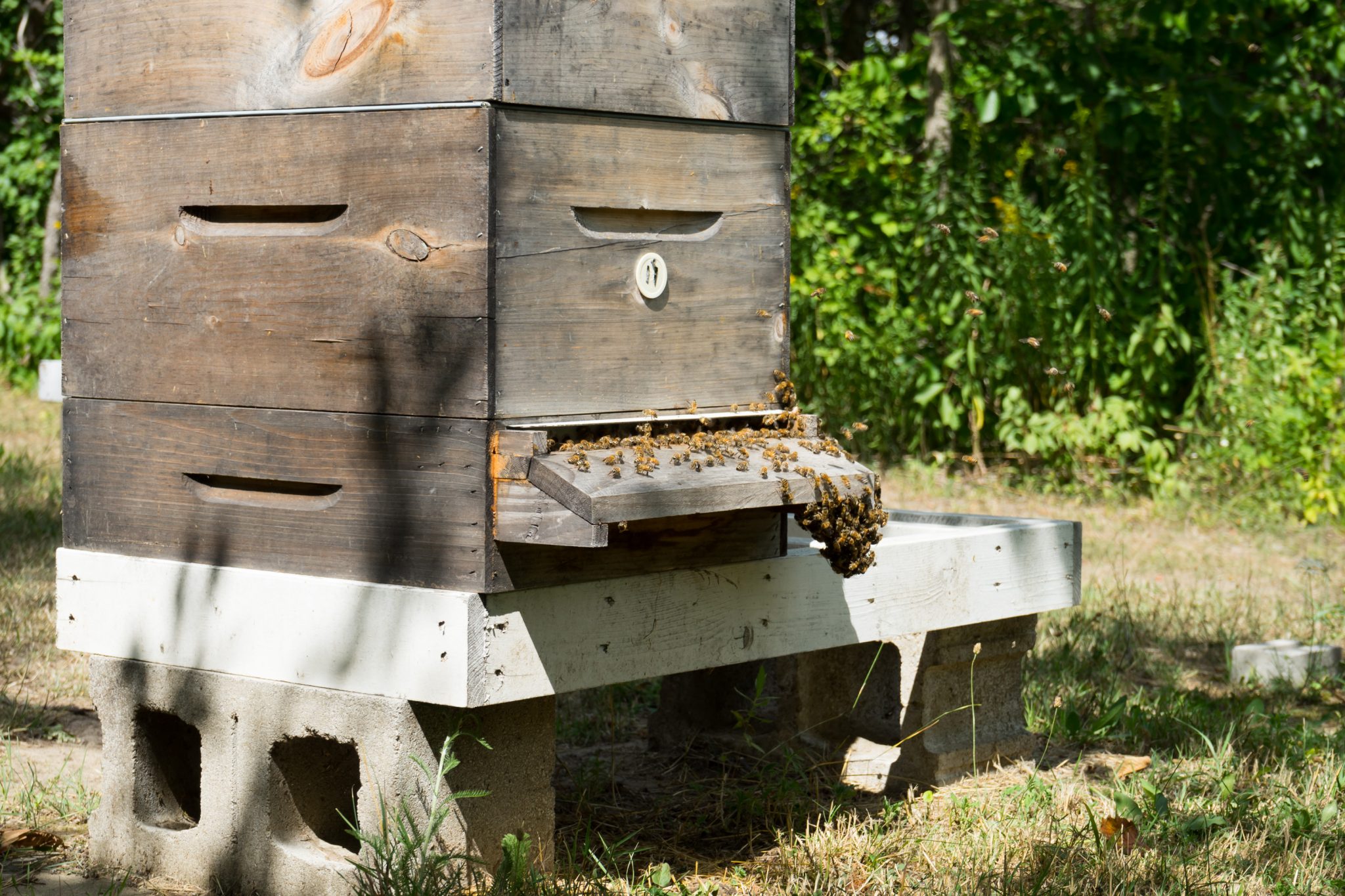A new initiative in Waterloo Region is focusing on a group that needs our help: the bees. The Pollinator Working Group will be focus primarily on ensuring the bees have a safe habitat, but also to increase awareness on the importance of caring for the bees. These volunteers are going to be improving habitat on local parklands, as well as educating at local events.
They will get together once a month, to find ways to improve the Region so we are more bee friendly. Kitchener-Waterloo have recently become bee cities, signifying we are striving towards protecting the bees, but we can definitely take more action as individuals.
Why should we care so much about bees? Bees pollinate 70 per cent of the 100 crop species that provide us with 90 per cent of our food supply. Meaning that if bees die, humanity won’t be able to exist. The foods we see on our grocery shelves will be gone. The first species of bees have been recently added to the endangered species list, which means that we need to take action before it is too late.
How can we easily support the bees so they aren’t dying off? The most important thing you can do is buy organic food, or support farms that do not use pesticides. It is super important to go to local farmers markets or visit a farm, and talk to them about their practices. Many farms practice organically without pesticides, and synthetic fertilizers, but they just can’t afford to be organic certified because it is quite costly. The increased use of pesticides affect the bees because it attacks their central nervous system and causes them to become paralyzed and die. If we eliminate, or seriously reduce, the amount of chemical pesticides, it will not only benefit the health of the bees, but ours as well.
Another great way to support bees if you are purchasing honey, is to ensure that is is raw, local, and that the beekeepers take good care of the bees. A lot of the mass-produced honey companies are feeding their bees high fructose corn syrup, when they are really supposed to be eating their own honey. When bees do not consume honey, their immune genes do not turn on and they are even more susceptible to damage from pesticides and cannot fight off infection.
Last thing you can do to support bees, is plant a variety of flowers in your yard and leave a basin of water out for them. With all of the forests being cut down for farming, and mono-cultures (massive fields of one single crop) there is no variety and it is negatively affecting the bees. In addition, the water they come into contact with is often contaminated with pesticides and other chemicals, so it is important they are consuming clean water.
I hope you can take some of these steps and apply them to your day-to-day life, so we can protect the bees for the future. If you’d like to learn more you can go on beecitycanada.org.
Gabby Borgerink is a Holistic Nutritionist living in Kitchener.




Leave a Reply